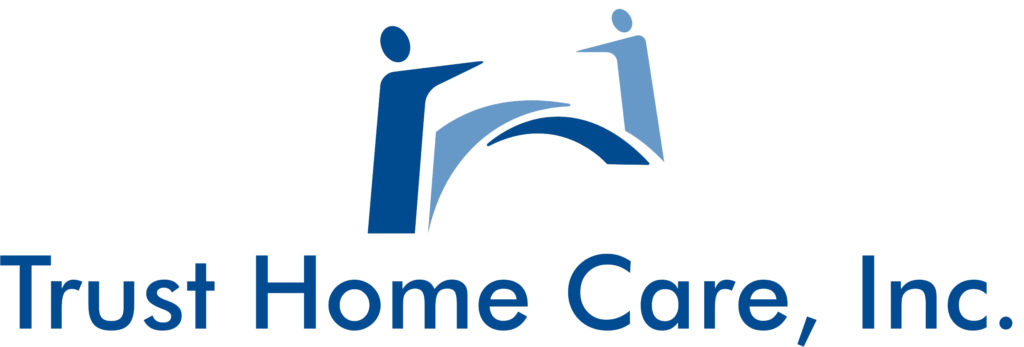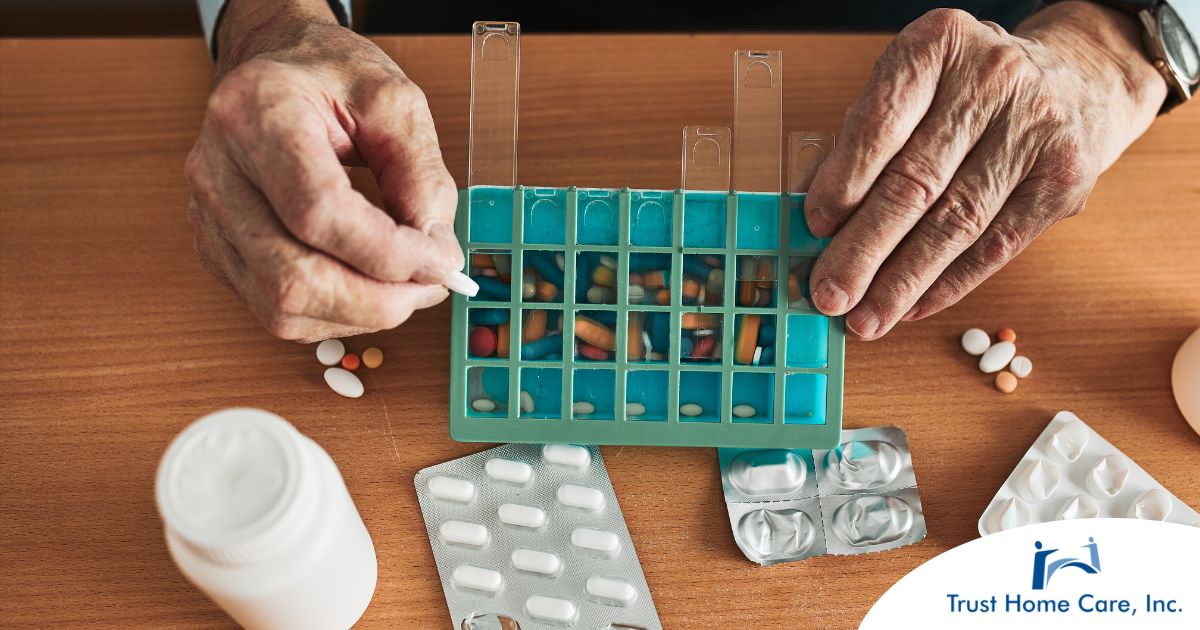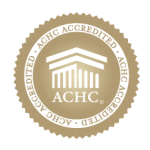Does your aging loved one’s medicine cabinet or kitchen table resemble a pharmacy? Are you worried that they won’t take their medications as prescribed or refill their prescriptions in a timely manner? If so, you are not alone. For many older adults in Bowie, effectively managing medications can be challenging, resulting in life-threatening drug interactions and other issues that can compromise their health and well-being. If this sounds familiar, read on to explore essential medication management tips every senior—and family caregiver—should know.
Many Older Adults Take Multiple Medications
According to the Merck Manual, roughly 90% of all older Americans regularly take at least one prescription drug. Of those, nearly 80% regularly take two prescription drugs, while 36% regularly take five or more prescription drugs. Additionally, many seniors take vitamins, supplements, and other over-the-counter (OTC) products that can be difficult to manage with their prescription meds.
Why Is Managing Medications for Older Adults So Important?
Seniors and their families must prioritize medication management for several reasons. First and foremost, many older adults have chronic conditions such as diabetes, hypertension, or heart disease, which may require a strict regimen of several prescribed medications. Furthermore, older adults often find themselves taking multiple prescription and nonprescription medications simultaneously—a situation known as polypharmacy. Both scenarios increase one’s risk of adverse drug interactions and complications.
Not managing medications effectively is a recipe for dire consequences. For instance, taking the wrong dosage or missing doses can result in ineffective treatment that worsens health conditions. Additionally, seniors taking certain drugs may experience cognitive decline, which can further impair their ability to remember when and how to take medications.
As one medication mismanagement aspect, self-administration errors can have far-reaching implications. They can lead to increased healthcare costs, frequent emergency department visits, and a decline in seniors’ overall quality of life. As a result, family caregivers must be proactive in helping their aging loved ones manage their medications without infringing on their privacy.
Why Are Older Adults More Likely to Experience Drug Interactions?
As a common medication mismanagement concern, drug interactions can have serious consequences for seniors. That’s because, as seniors age, their bodies metabolize medications differently, making them more susceptible to adverse drug reactions. Many older adults also take over-the-counter (OTC) supplements or medications, which can further complicate their drug regimen.
For instance, interactions may occur when seniors combine blood thinners like warfarin with supplements such as vitamin K. This interaction can negate the blood thinner’s benefits, leading to an increased risk of clotting. Another prevalent mismanagement issue is when older adults take NSAIDs, like ibuprofen, along with antihypertensive medications. This combination may hinder the efficacy of the blood pressure medications, causing elevated blood pressure and increased risk for cardiovascular issues.
Furthermore, even seemingly benign OTC medications, including certain cold or allergy medications, can interact with prescription drugs. For example, antihistamines can cause confusion and worsen cognitive decline, leading to falls or other serious safety issues. For all these reasons, caregivers must communicate with healthcare providers about the medications their loved ones are taking, including any OTC drugs or supplements, to prevent harmful interactions.
Medication Management Tips for Seniors and Family Caregivers in Bowie
Thankfully, older adults can manage their medications effectively by taking the proper steps. As a senior or family caregiver, here’s what to include in your medication management strategy:
Maintain an Updated Medication List
Document all medications the senior takes, including dosages and schedules. This will help family members track what has been taken and streamline communication with healthcare providers. When seeing the doctor, seniors should bring all their medications, including OTC products, vitamins, and supplements.
Read Prescription Labels Carefully
When starting a new prescription medication, read the bottle’s label carefully to understand dosage and storage requirements, potential drug interactions, and any other essential information. If you have questions, consult a pharmacist or other qualified healthcare professional.
Use Pill Organizers and Reminders
Utilizing a weekly pill organizer helps ensure that seniors take the correct dosage at the proper time. Setting digital reminders or alarms can also let them know when it’s time to take their medications.
Schedule Regular Medication Reviews
Scheduling periodic reviews with a healthcare provider is a reliable way to assess current medications and their effectiveness. These reviews also ensure that unnecessary medications get discontinued, saving older patients money while minimizing the risk of drug interactions.
Encourage Open and Honest Communication
Family members should create a nonjudgemental environment where older loved ones can openly discuss how they are feeling. Seniors who feel comfortable sharing their medication experiences are more likely to report drug side effects or concerns, allowing for timely
adjustments.
Elevating the Medication Management Experience: The Role of Home Health Care
When called upon, home healthcare providers can play a vital role in helping older adults manage their medications, allowing tired family caregivers to take a well-deserved break. Benefits of these medication management services include:
- Medication Supervision and Administration: Home health nurses and aides can manage and administer medications, ensuring patients take them on time at the proper dose, greatly minimizing the likelihood of self-administration errors or noncompliance.
- Personalized Care Plans: Home healthcare providers develop individualized care plans that reflect the unique medication needs and requirements of older adults, helping to prevent dangerous drug interactions.
- Regular Health Monitoring: Home health aides (HHAs) and nurses can monitor patient vital signs and other health indicators to assess a medication’s effectiveness or potential side effects, facilitating timely adjustments to their drug regimen.
- Family Education and Support: Home health professionals can provide training and resources to family caregivers, equipping them with the knowledge needed for effective medication management when they’re not there.
- Care Coordination and Collaboration: Home health teams streamline communication between patients, healthcare providers, and family caregivers. Their role ensures that everyone involved has up-to-date health status information, facilitating prompt changes to a senior’s medication regimen.
In conclusion, effective medication management requires vigilance, communication, and teamwork between families, seniors, and healthcare providers. By following the steps outlined in this article, family members can feel confident in their roles when managing medications for older loved ones. When ordered by a physician, home healthcare professionals can assist family caregivers, providing in-home medication management services to keep their loved ones safe, comfortable, and compliant.
Tailored Home Healthcare Solutions for Older Adults in Bowie
Whether managing medications or monitoring vital signs, looking after an aging loved one can be challenging. When you need assistance, contact Trust Home Care in Bowie. As a fully licensed and accredited provider, we offer a comprehensive lineup of top-quality home healthcare services delivered by a team of compassionate, dedicated, and highly trained professionals including Alzheimers & Dementia Care, Companionship, Light Housekeeping, Live-In & 24-Hour Care, Medication Supervision, Personal Care, Pediatric Care, Physical Therapy, and Skilled Nursing.
While assisting families in Bowie, Baltimore City, Maryland including South Maryland, Central Maryland, and parts of East Maryland, our agency’s focus is maintaining our clients’ quality of life, along with their dignity, self-esteem, and independence. For your added convenience, all our home health services can be individually personalized into an affordable package when and where you need them! Please visit www.trusthomecare.info now to learn more about us and how our home health professionals help older adults lead more active and fulfilling lives.







